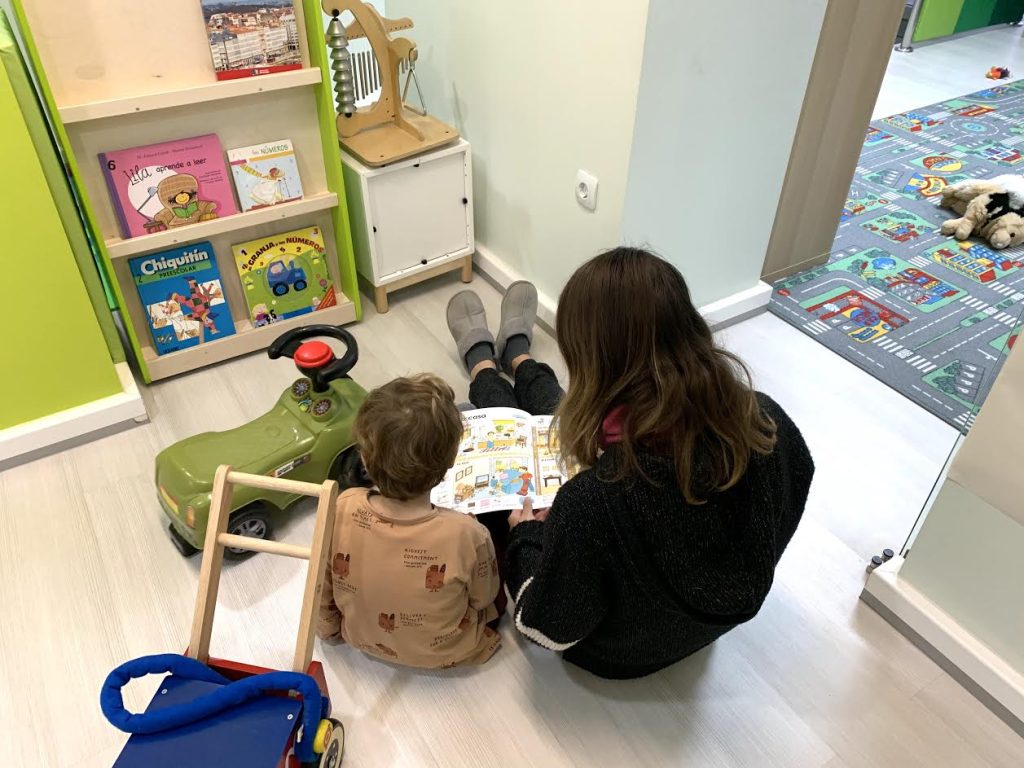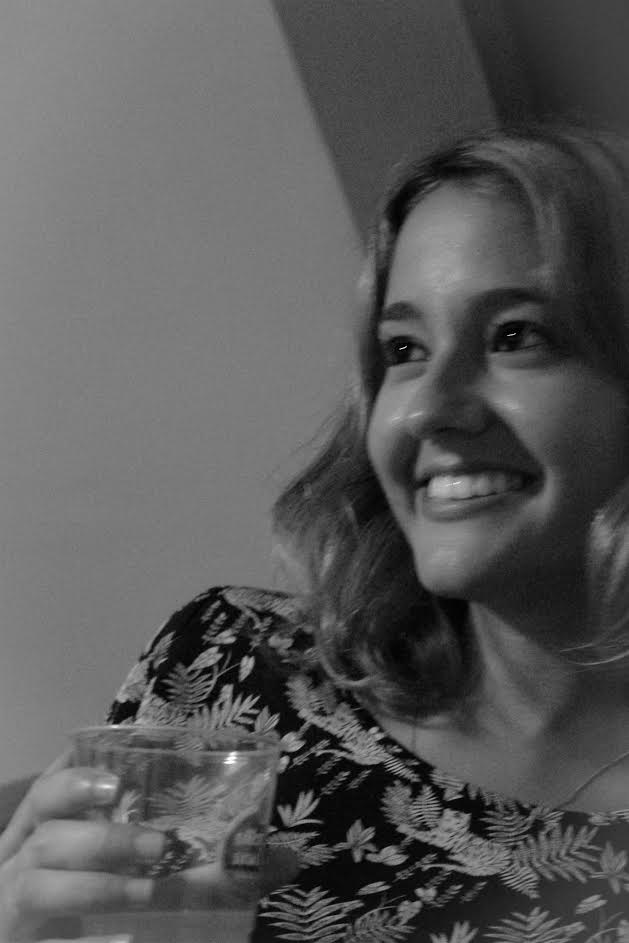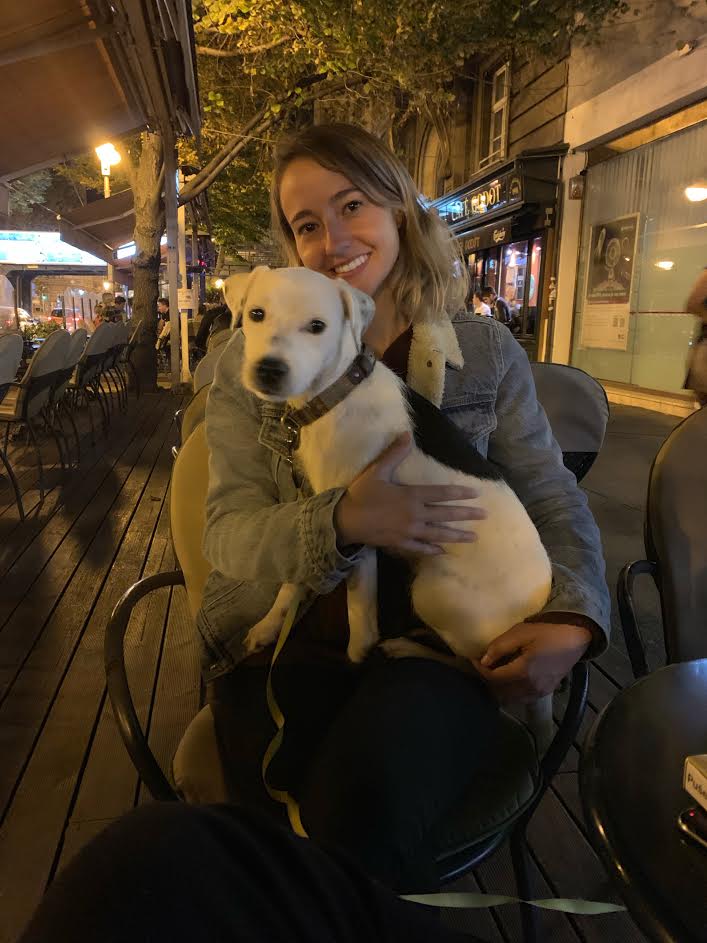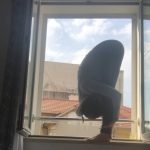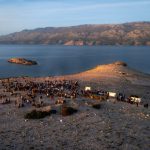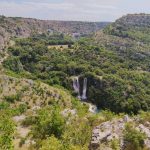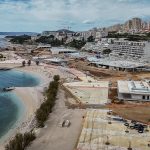April 2, 2020 – Do foreigners in Croatia feel more or less safe sitting out COVID-19 here than in their home country, and what are their experiences? A new series on TCN, with Celia Abril Paredes from Spain in Zagreb as our 8th contributor.
Oxford University recently published some research on government responses to coronavirus which showed that Croatia currently has the strictest measures in the world. While inconvenient, this is a good thing in terms of reducing the spread of the virus, and I am certainly not alone in my admiration of the official Croatian handling of this crisis in recent weeks, both in terms of action and communication.
But what do other expats here think? And how does it compare with the response in their home country? Would they rather sit this one out here or there? In the first of a new series on TCN, we will be featuring expats from all over the world to see what their views are on life in corona Croatia rather than back home. So far we have heard from expats in Croatia from Romania, USA, Ireland, UK, Mexico, Argentina and Germany. Next up, one of the worst-affected countries by VOVID-19 – Spain. How is it going with Celia Abril Paredes in Zagreb?
If you would like to contribute to this series, full details are below. Now, over to Celia.
My name is Celia Abril, I’m 26 and I am from La Coruña, Spain. I moved to Zagreb almost 4 years ago because of my boyfriend who is Croatian and works in Zagreb. During my first year here I did an internship at the Spanish Embassy, then I started teaching Spanish and I recently opened my own business, is a Spanish igraonica (Ludoteka Abril www.ludotekaabril.com) for children aged from 1 to 12 years old to learn Spanish through play, art and dance.
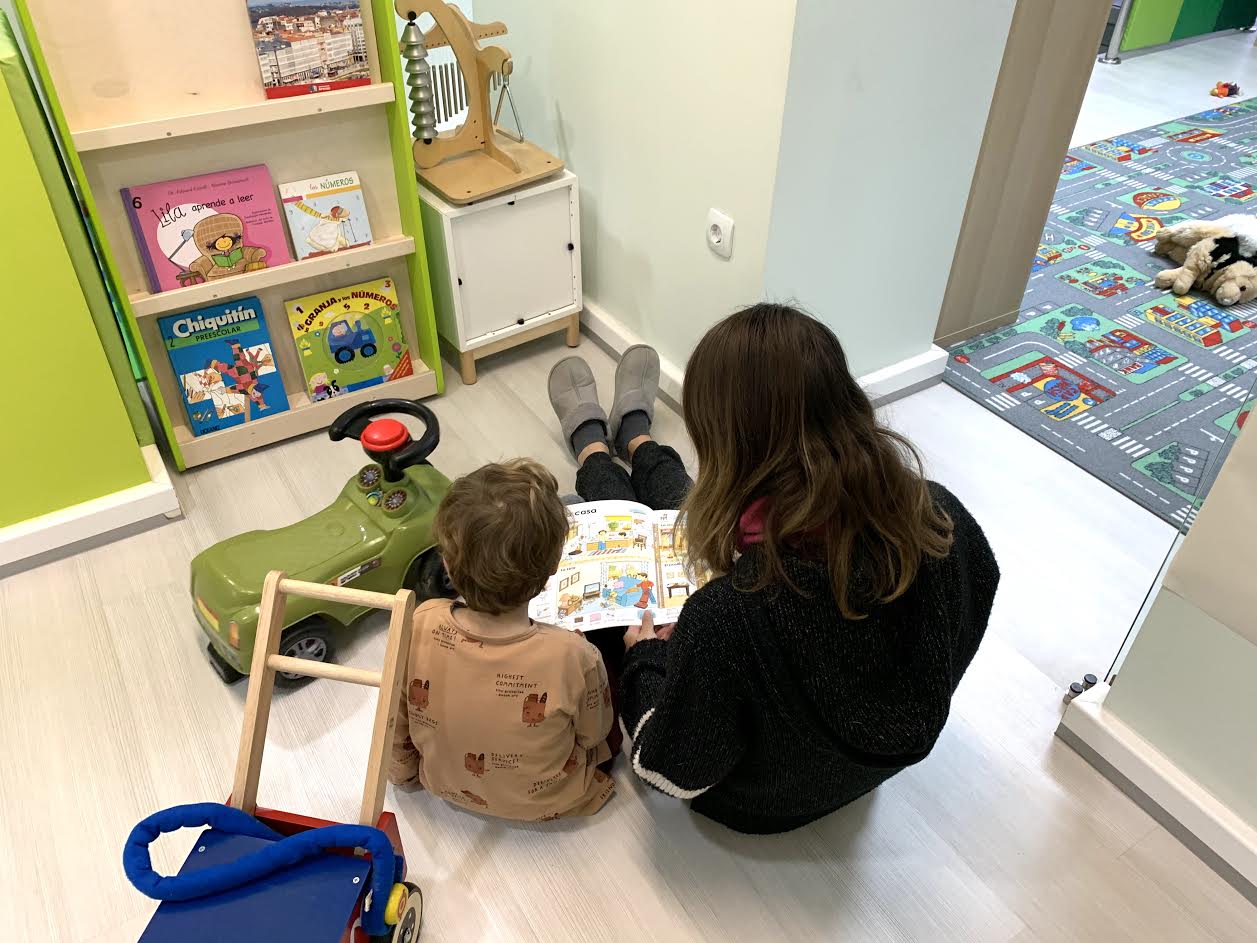
Firstly, how are you? Are you alone/with someone? Tell us a little about your situation and sanity levels.
I am with my boyfriend and our dog. Since we are allowed to walk him every day we have been able to get some fresh air and that helps a lot. So in general I can say that I am okay, although I am feeling a bit anxious about the whole situation, especially for my family and friends back in Spain, because over there things are particularly dangerous.
This situation has affected both my personal and my business life, because I was going to get married here in Zagreb at the end of June, but we have decided to postpone it as we don’t think it is going to be safe. We had over 100 guests coming over from Spain, including children and elders. It was a sad and difficult decision to make but it was the right thing to do.
I also had to close my business which I opened last September (I own a Spanish igraonica located in Zagreb). I decided to close as soon as the government closed all the schools, and this has been especially hard because we were just beginning to get everything going.
However, overall I am feeling grateful that me and all my family and friends are well and healthy.
What do you think about the economic measures the government is taking, are they helping your business?
I did apply for the economic help that the government is providing although I am still waiting for the resolution. I personally think they are good measures considering the circumstances, and much better than the help that is being offered in Spain for business owners.
When did you realise that corona was going to be a big issue?
I honestly never expected it to be this big, but I realised it back at the end of February as I traveled to France and just when I got back at the airport they made sure I didn’t come from any of the countries which by then were the most affected ones. At that moment it really hit me that we were going to face something big.
What is your impression of the way Croatia is dealing with the crisis? How safe do you feel?
I think Croatia is doing a great job, and I am proud and amazed by how quickly they reacted. They took great preventive measures and they didn’t wait for the problem to gt out of hand. However, I do think that it would be good if Croatia added more control over people who manage to gather in groups and don’t respect the social distancing. It is hard to believe, but some people still don’t take it seriously.
Now compare that to your home country and how they are handling it. What is Croatia doing better/worse?
In Spain the government has handled it incredibly badly, so it is the opposite scenario to Croatia. Instead of carrying out preventive measures as they did in Croatia, they let the situation get out of control. They kept denying the danger and allowed large group gatherings such as sporting events and manifestations (such as the one for International Women’s Day on 8th March) until very recently. They only imposed measures when it had already become a health emergency.
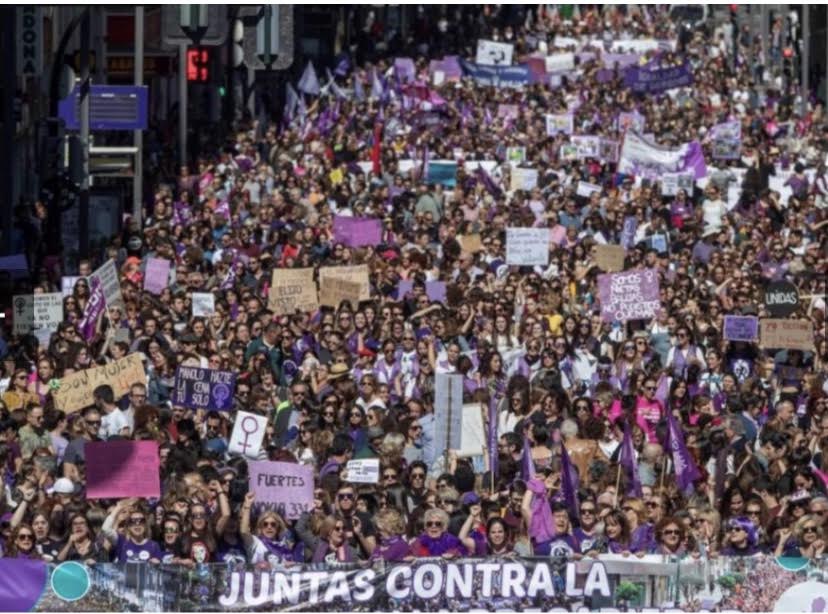
I think here in Croatia the authorities have being doing a good job and in general people has trust in the management, but as the coronavirus advances in Spain and the number of infected and deceased rises, the confidence in the Spanish government’s management is falling and all the appreciation is concentrated on the health workers, the state security forces and the Armed Forces.
What about official communications from the authorities, compared to your home country?
Regarding the issue of the number of cases, I believe no country is being 100% honest and that in general the number of infected is much higher than the official figures.
For example, a study showed that in Spain 31.6 percent of the population showed that they know a case of infection in their closest circles or work environment. According to this fact, there would be almost 15 million people who would have some case of infection in their closest environment, so this figure that does not match the official number of confirmed coronavirus infections.
Regarding daily communications on measures and restrictions, I am more focused on those issued by Croatia because they affect my life more directly, and I think health authorities have been very specific and clear when addressing citizens, as opposed to Spain, where communication has been rather confusing.
What’s the one thing you wish you had taken with you into self-isolation?
My family.
One thing you have learned about yourself, and one thing you have learned about others during this crisis.
One positive thing I learned about others, especially from the Spanish, is that even though citizens inside the same country may be very different, with different beliefs and points of view, when things get really ugly they are capable of focusing on what is really important and come together to help and support each other.
And one thing I personally learned from this awful situation was to value more the little things that I normally take for granted, such as just going out with my friends or being able to travel to Spain to see my family whenever I want. When these things were suddenly taken away from me I realised just how much I had taken them for granted.
Thanks Celia, stay safe and see you on the other side.
TCN is starting a new feature series on foreign experiences of sitting out covid-19 here in Croatia compared to their home country. If you would like to contribute, the questions are below. Please also include a para about yourself and where you are from, and a link to your website if you would like. Please also send 3-4 photos minimum to news@total-croatia-news.com Subject Corona Foreigner
If you would be interested to record a video version for our partners www.rplus.video please let us know in the email. Thanks and stay safe.
Foreigners Self-Isolating in Croatia: Do You Feel Safer Than in Your Home Country?
Firstly, how are you? Are you alone/with someone? Tell us a little about your situation and sanity levels.
What do you think about the economic measures the government is taking, are they helping your business? (PLEASE IGNORE IF THIS DOES NOT AFFECT YOU)
When did you realise that corona was going to be a big issue?
What is your impression of the way Croatia is dealing with the crisis? How safe do you feel?
Now compare that to your home country and how they are handling it. What is Croatia doing better/worse?
What about official communications from the authorities, compared to your home country?
What’s the one thing you wish you had taken with you into self-isolation.
One thing you have learned about yourself, and one thing you have learned about others during this crisis.
TCN has recently become a partner in Robert Tomic Zuber’s new R+ video channel, initially telling stories about corona experiences. You can see the first TCN contribution from this morning, my video from Jelsa talking about the realities of running a news portal in the corona era below. If you would like to also submit a video interview, please find Robert’s guidelines below
VIDEO RECORDING GUIDE
The video footage should be recorded so that the cell phone is turned horizontally (landscape mode).
There are several rules for television and video news:- length is not a virtue- a picture speaks more than a thousand words
In short, this would mean that your story should not last more than 90 seconds and that everything you say in the report should be shown by video (for example, if you talk about empty streets, we should see those empty streets, etc.).
How to do it with your cell phone? First, use a selfie camera to record yourself telling your story for about a minute and a half. Ideally, it would be taken in the exterior, except in situations where you are reporting on things in the interior (quarantine, hospital, self-isolation, etc.). Also, when shooting, move freely, make sure everything is not static.
After you have recorded your report, you should capture footage that will tell your story with a picture, such as an earlier example with empty streets.
One of the basic rules of TV journalism is that the story is told in the same way as a journalist with his text. Therefore, we ask you for additional effort. Because we work in a very specific situation, sometimes you may not be able to capture footage for each sentence of the report. In this case, record the details on the streets: people walking, the main features of the city where you live, inscriptions on the windows related to the virus, etc.
The same rules apply if you are shooting a story from your apartment, self-isolation, quarantine. We also need you to capture footage that describes your story.
When shooting frames to cover your reports, it is important that you change the angle of the shot (in other words, shoot that empty street from several angles). Also, when shooting a detail, count at least five seconds before removing the camera to another detail.
The material should be about 5 minutes long (90 seconds of your report + frames to cover your story).
After recording everything, send us to Zagreb, preferably via WeTransfer to rplus.video@gmail.com

